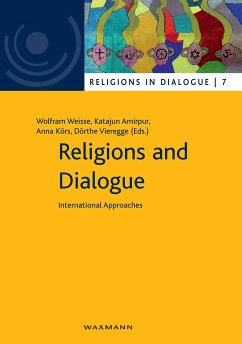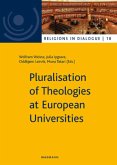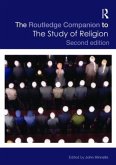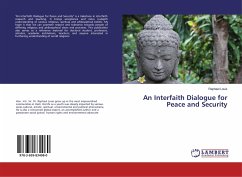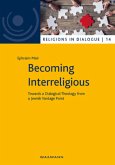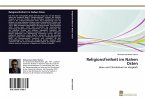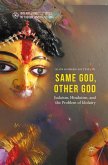Responding to plurality is a demanding task. Nonetheless it is one of the challenges that European countries are facing today. Over the past decades, the social and religious make-up of Central Europe has changed, and this has led to resentment and fears of mass immigration, social disintegration and the emergence of parallel societies. However, we also find empirical proof that prejudice is lowest where there is direct contact. Therefore, there appears to be an increasing need for more dialogue in order to make the stranger less strange, the unknown known, the other no longer entirely other. This is equally true in academic research: There is a definite need, yet research on questions of interreligious dialogue remains in its infancy throughout the various disciplines engaged in it. The project 'Religion and Dialogue in Modern Societies' (ReDi) that started at the Academy of World Religions at the Hamburg University in 2011 seeks to contribute to remedying this deficit. Like theReDi-Project, this book looks at dialogue from different perspectives. It includes both theoretical and empirical approaches as well as a variety of theological viewpoints on a theology of plurality and dialogue from the perspective of different religions.
Hinweis: Dieser Artikel kann nur an eine deutsche Lieferadresse ausgeliefert werden.
Hinweis: Dieser Artikel kann nur an eine deutsche Lieferadresse ausgeliefert werden.

